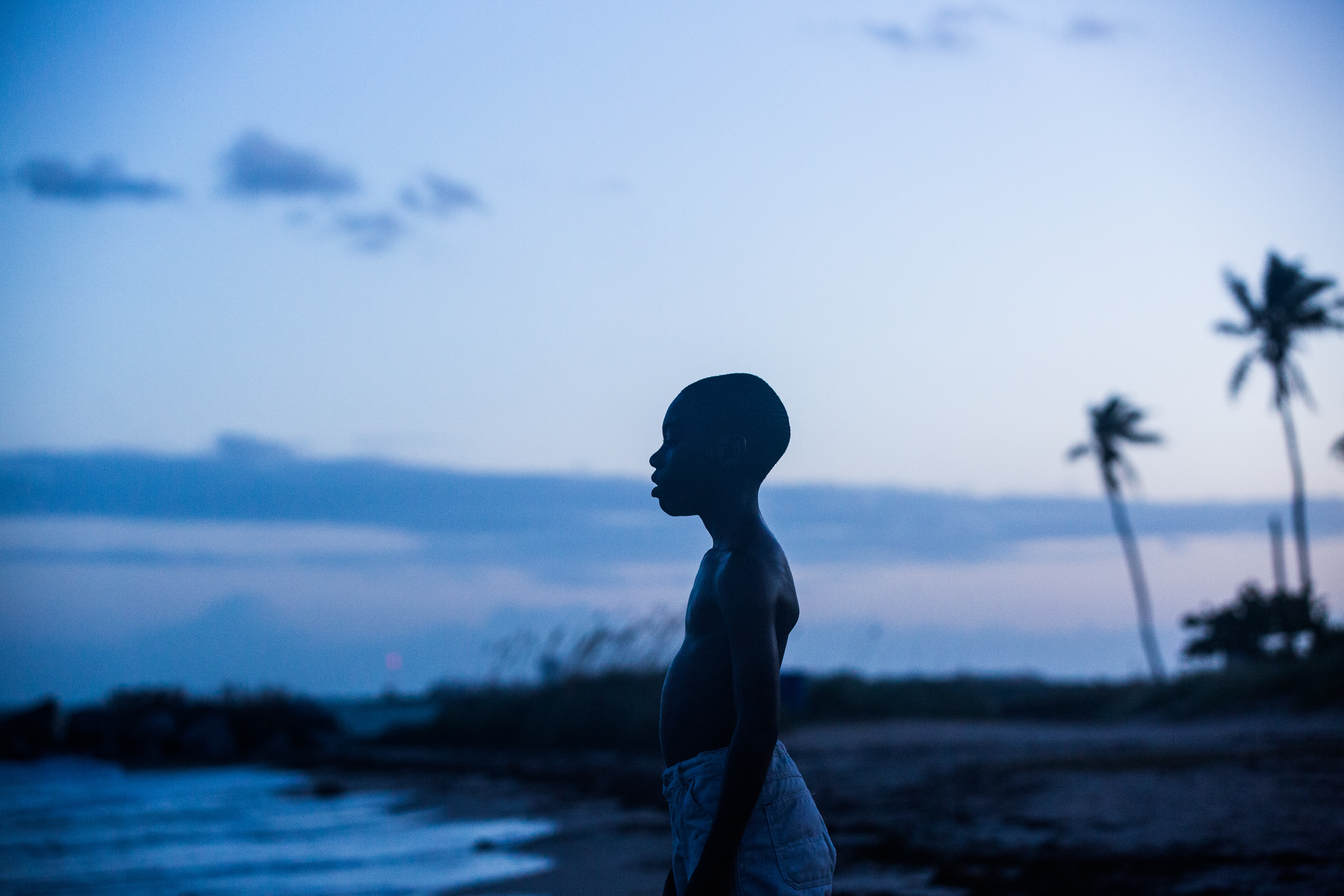
“Moonlight,” by Barry Jenkins, is a film that rejects clichés, assumptions and stereotypes in order to make a universal statement on the human condition. The movie, which has received universal acclaim with a Metascore of 99 and has been tentatively called the “Year’s Best Movie” by The New York Times, is based on the play “In Moonlight Black Boys Look Blue” by UM faculty member Tarell McCraney.
Much like a play, the movie is split into three acts. Each act corresponds to what Chiron, the main character, is called during that time in his life.
The first act, “i. Little,” opens with a poignant scene with a drug dealer named Juan (Mahershala Ali). This opening scene sets the tone for the movie’s excellent cinematography. The camera roves 360 degrees around the characters in order to deliver a full portrait.
The film succeeds in doing the same for the main character, Chiron, who is first played by Alex Hibbert. It tells the full story of the protagonist by including specific glimpses while maintaining the full scope of his life. Juan finds Little in a condemned house after he saw him being chased. Juan and his girlfriend Teresa (Janelle Monáe) become a surrogate family for Little. There is irony in the fact that Little’s mother is a crack addict that buys from Juan. She is not there to help her son grow up in the unforgiving, struggling streets of Miami. Juan teaches Little to swim and how to make a world for himself.
In “ii. Chiron,” Chiron, now played by Ashton Sanders, struggles to find himself. He is a gay African-American teenager who suffers from bullying and gets beat up by his best friend days after they shared a sexual experience together. Chiron relocates to Atlanta where the third act, “iii. Black,” takes place. Trevante Rhodes performs the last iteration of Chiron, who now goes by the nickname “Black.” He becomes a “trapper” like his former mentor Juan, and Chiron’s evolving lifestyle reflects his struggle to find himself. Throughout the film he is asked, “Who is you, Chiron?”
“Moonlight” is a coming-of-age story that is also a film about sexuality, race, relationships and most importantly, identity. “Moonlight” combines these elements to show that we all have complex identities that can be difficult to understand and accept. The movie is a mirror of society, highlighting both positive and negative aspects.
The film comes to a close with the reunion of Chiron and his friend from the past during an intimate scene at a diner, complimented by jukebox music in the background. The soundtrack of the film is exceptional, ranging from classical music to Goodie Mob’s “Cell Therapy.” The movie is not truly over once the credits run; its sheer honesty stays with audiences. “Moonlight” is one of this year’s best and most important films, a masterpiece that will resonate with audiences for years to come.
Rating: 4.5/5 stars
Featured photo courtesy A24 Films.






